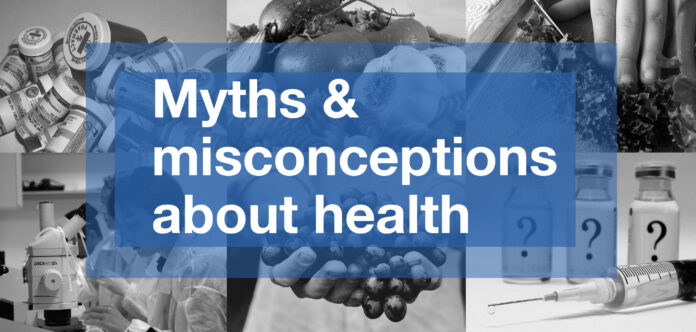As a member of a minority group in the U.S., I have many relatives with firsthand experience of the structural violence within medical institutions. Structural violence refers to the way the mechanisms of social structures harm or disadvantage people from meeting their basic needs. Such structures would include, but are not limited to, the school system and the healthcare system. Essentially, structural violence is the systematic way that these institutions are organized that allows for such harm to occur.
The healthcare system, as well-intended as it may appear, can be cruel, especially to individuals who cannot be neatly organized into its structure. Undocumented immigrants are a clear of example of individuals who compromise to a structure that intentionally leaves them out.
The two misconceptions I want to address are forms of confusion that have emerged from contradictory beliefs, beliefs that I have personally experienced. First, the juxtaposition between the intentions and outcomes of clinical service. Second, the paradoxical relationship between equality and citizenship in regard to accessing healthcare. My goal is to bring up important questions about the ethics of providing healthcare.
Healthcare: A caring monster
Usually when you think of doctors, nurses and other clinical professionals, you think of them as incredibly compassionate people who devote their entire lives to improving the lives of others. However, this is an illusion that hides many of the ugly features of the medical system and makes it a system that harms the very people it intended to help.
The rules for the distribution of healthcare can be inhibiting for certain groups. Undocumented immigrants, for example, are not entitled to healthcare insurance in America. How are these groups going to get any medical services, especially considering that a majority of them do not have the means to pay the sky high price of clinical care?
How can a doctor, who has made the decision to make their career based on improving people’s health, deny people the service due to a lack of insurance? In practical (capitalist) terms it seems obvious why a doctor wouldn’t provide healthcare to individuals who cannot afford it. The U.S. is a consumer culture, so the best way to survive is with money. If you have money you can pay for regular check-ups, you can pay for expensive treatments or pharmaceuticals and you can pay for insurance. On the contrary, if you have little or no money, your access to healthcare is limited. You may receive some sympathy, but maybe not. We are a society disillusioned with a misconceived notion of an equal opportunity toward upward mobility. People like to think that everyone has the same access to success or the same opportunity to succeed, but that is certainly far from the reality.
The rigid categorization that I have mentioned in previous column articles might also harm the well-being of certain individuals. For example, being chronically ill but not having a proper diagnosis might limit one’s access to treatment because health insurance companies are unlikely to cover the cost of an unlabeled condition. Essentially, an unlabeled condition isn’t treated as a “real” disease or illness by the standards of the medical system, so it’s virtually invisible.
This is especially problematic for people with lower income and education levels, which are often characteristic of individuals who have immigrated from impoverished communities. Undocumented immigrants don’t get health insurance, so whatever pain or illness they experience goes unnoticed by the medical community because it doesn’t enter the medical discourse. If it isn’t in the medical discourse, then it isn’t treated as real or at least it isn’t treated as real science. At least from what I have observed, most of these immigrants don’t spend their time reading up on the newest diagnostic criteria, so they don’t really know when or how to report symptoms in the U.S. clinical system. It is only when their body causes them too much discomfort that they will seek help. Unfortunately, the medical system only works if you report, so no report means no treatment.
Everyone has the right to health, but only if you’re a citizen
Many undocumented immigrants work for low wages and usually without any benefits. They get treated and paid as temporary employees even though a lot of the time they work incredibly long hours. In a similar manner, their work is labor-intensive, so injury is not uncommon. Not only are they undergoing physical stress from work, but also mental stress from financial and living difficulties in addition to the discomfort of being perceived as an “other.” Further, these immigrants won’t seek medical attention until they experience unbearable pain, but even when they do seek help, they probably won’t get any. If you aren’t a U.S. citizen, you are not entitled to the same access to healthcare. Initially, this logic seems unproblematic because if a person isn’t from here, why should they get to benefits from “our” services? Generally speaking, U.S. citizens tend to think in a very “us vs. them” manner. We care about what makes us different from other people, but not about what makes us the same.
It boggles my mind that in school and politics, teachers and government officials preach about equality and the rights of man, but in practice that ideology gets overlooked. In reality, they don’t treat people as equals and they don’t believe everyone should be treated homogeneously. Why else would they refuse healthcare to people that are different from them? Some people might argue that it’s merely a dog-eat-dog world and that’s just the way it is. But why is it that way? And why should it be that way?
Tiffany Marquez can be reached at tmmarquez@ucdavis.edu
Graphic by Tiffany Choi.




